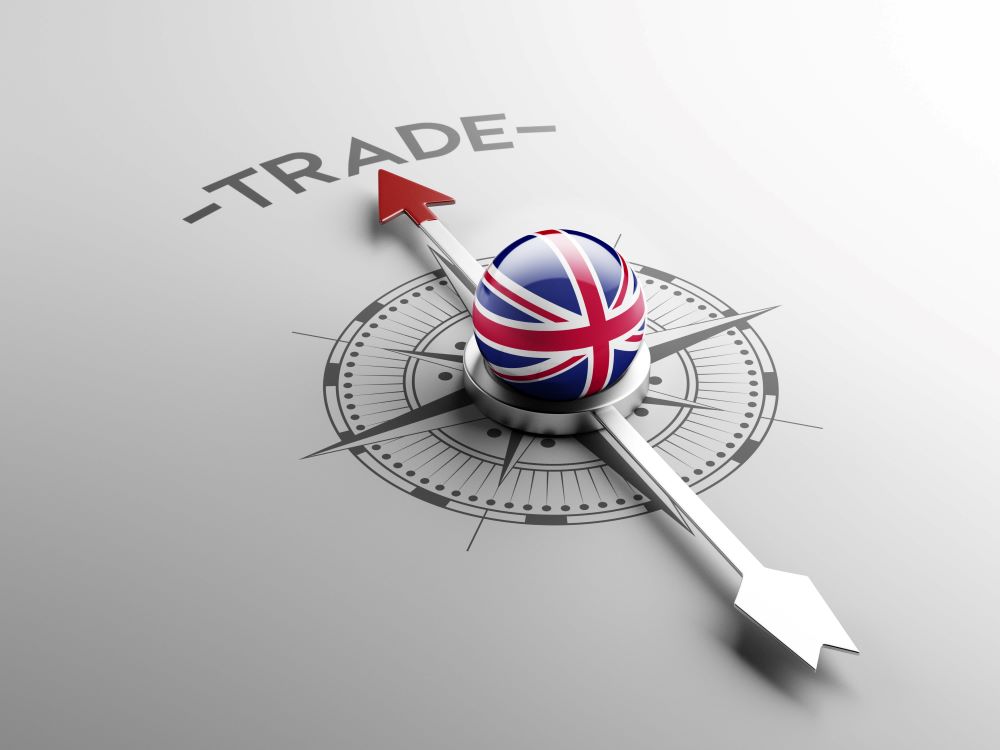
Business leaders overwhelmingly identified the EU as their top priority market and Brexit-related trade disruption as their biggest challenge, despite the war in Ukraine and Covid difficulties, according to research from a leading consultancy.
A survey of more than 200 UK leaders from large and medium-sized companies by FleishmanHillard found that around 45% feel trade with the rest of the world has become harder over the past year, particularly with the EU, while 40% reported that their exports had declined.
In its latest annual International Trade Report, Britain's Changing Position in Global Trade, FleishmanHillard found that a third of business leaders also felt trade issues are having a negative reputational impact upon their company.
Border delays
Almost two-thirds of businesses (62%) said post-Brexit disruption was the greatest issue facing trade, pointing to supply chain issues (72%) and border and custom delays (68%).
Businesses put solving post-Brexit disruption at the top of their wish list for government to resolve, with 52% naming it as the main priority.
Despite all the post-Brexit upheaval, the UK remains an attractive investment destination according to 80% of respondents, with businesses rating its regulatory and legal clarity as more important a factor than regulation and tax-free zones such as freeports.
Europe first
The survey also found that new trade deals have had little cut through with businesses, with respondents overwhelmingly favouring closer links to Europe. Just one third of the business leaders questioned rated Asia Pacific in their top three priorities and only 2% put it first, despite recent trade deals in the region.
North America is recognised as a key market, but the limited prospect of a trade deal with the UK makes it unlikely to compensate for faltering trade with Europe, the report says.
Confidence rising
Meanwhile another survey, this time of chief financial officers by Deloitte, shows confidence among finance chiefs at the UK’s largest companies has seen its sharpest increase since 2020.
There were 25% more chief financial officers feeling better about the future than worse, compared to 17% more feeling the opposite three months ago, reports the BBC.
Ian Stewart, chief economist at Deloitte, attributed the bounce back to several improvements.
“Since the beginning of the year, energy prices have fallen, inflation looks to have peaked, relations with the EU have improved since the Windsor Framework and there has been a period of comparative political calm after the turmoil of last year,” he said.



